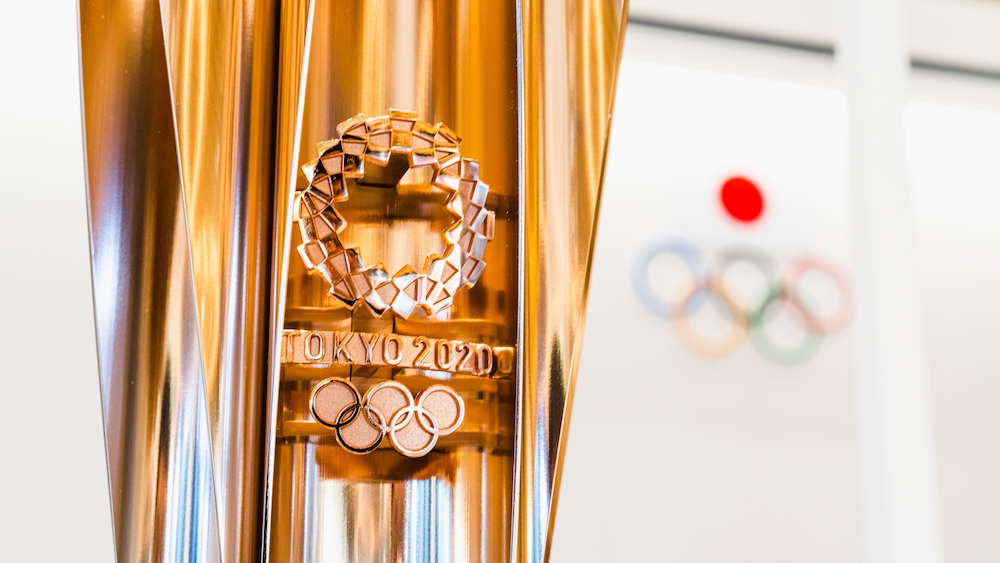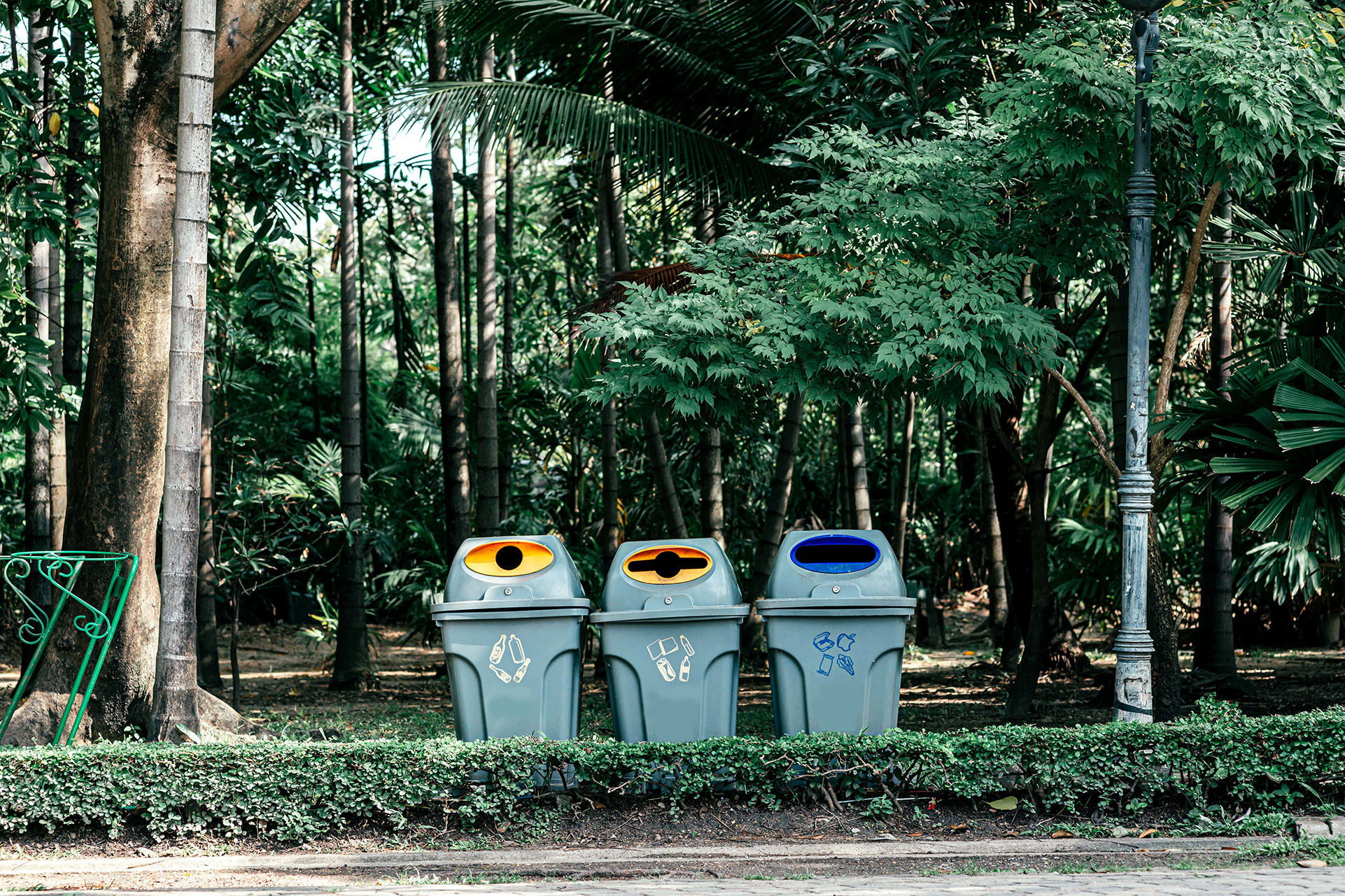For readers of this blog, you might realize that I am passionate about sustainability and the health of the environment. But for many of you, you probably don’t know that I am also a first-time Olympian in the sport of swimming. I am honoured to have earned my spot in Tokyo as part of the 2020 Summer Olympic Team for Canada. So, for this month’s article, I wanted to highlight some of Japan’s environmentally conscious efforts for this year’s Games.
The Olympic Games are one of the most exciting times of the year. The best athletes from around the world converge on the host city to compete for Gold, and millions of spectators worldwide tune in to the excitement on TV.
It gets more exciting and memorable every time it’s held, and the inspiring thing happening this year in Tokyo is their elevated commitment to the environment. As a developed, environmentally aware country, Japan has set goals and standards to make this the Greenest games’ in history.
There are six main environmental concepts these Games have developed sustainable goals for:
Climate Change: The Tokyo Games is committed to using 100 % renewable electricity. With electric shuttles throughout the village to venues that power themselves via solar and wind, the Games aim to create as minimal of a carbon footprint as possible.
Resource Management: All throughout the amenities at the village and sporting venues, clearly marked waste recycling receptacles can be found at every corner. Products offered to athletes also ensure that maximal recycling occurs. All disposable drink bottles provided in the village are PET bottles and taken straight to a recycling plant once collected. There are also tap water refilling stations scattered throughout the village promoting reusable bottle usage.
Natural Environment and Biodiversity: Japan is incorporating a ‘nature’ element into the village. Natural wildlife and greenspace were integrated throughout the village to promote more healthy outdoor activity and reduce material consumption.
Human Rights, Labour, and Fair Business Practices: All volunteer and employee work is in accordance with the UN Guidelines of Business and Human Rights, which has a zero-tolerance for discrimination. These Games were created to be a safe place for both workers and athletes.
Involvement, Cooperation, and Communications: The 2020 Tokyo Games are equipped with accessibility opportunities for people all around the country. These Games are specially designed to inspire and include the entire population of Japan, not just the athletes competing in them. Through opportunities such as public awareness, these Games have helped raise the surrounding society’s understanding of environmental sustainability while encouraging voluntary participation.
Sustainable Sourcing: Sourcing for building materials and athlete memorabilia has been a significant component of making the Games green. The first innovative element in the games is the village residential buildings. Each bed frame is made entirely out of cardboard, and the walls are made from recycled materials. After the completion of the Games, these buildings will be easily remodelled into larger residential apartments. The walls are designed to be removed easily and reused for other projects. Secondly, the medals and medal podiums at the athletic venues are made entirely out of recycled products. Marine plastic makes up the podiums, while e-waste, like old phones and computers, is used for the medals.
Being an extremely modern and technologically dependent country, Japan used this to their advantage, encouraging the public to donate their old electronics to be used and created into something athletes could cherish forever. Typically, medals from past Games are made from materials that were mined or chemically created, but by reusing products that already exist, the carbon footprint of this event is significantly decreased. Additionally, the Japanese Olympic Team will be outfitted in recycled gear made from clothes donated from around the country.
With its global audience, the Tokyo 2020 Olympic Games are attempting to set new sustainability standards for the future. The Olympic Games are typically one of the most significant polluter events taking place on our planet, but it is such a crucial event that brings the world together. With the Olympics now putting more importance on environmentally friendly actions, it makes me proud to be a part of these Olympic Games.










